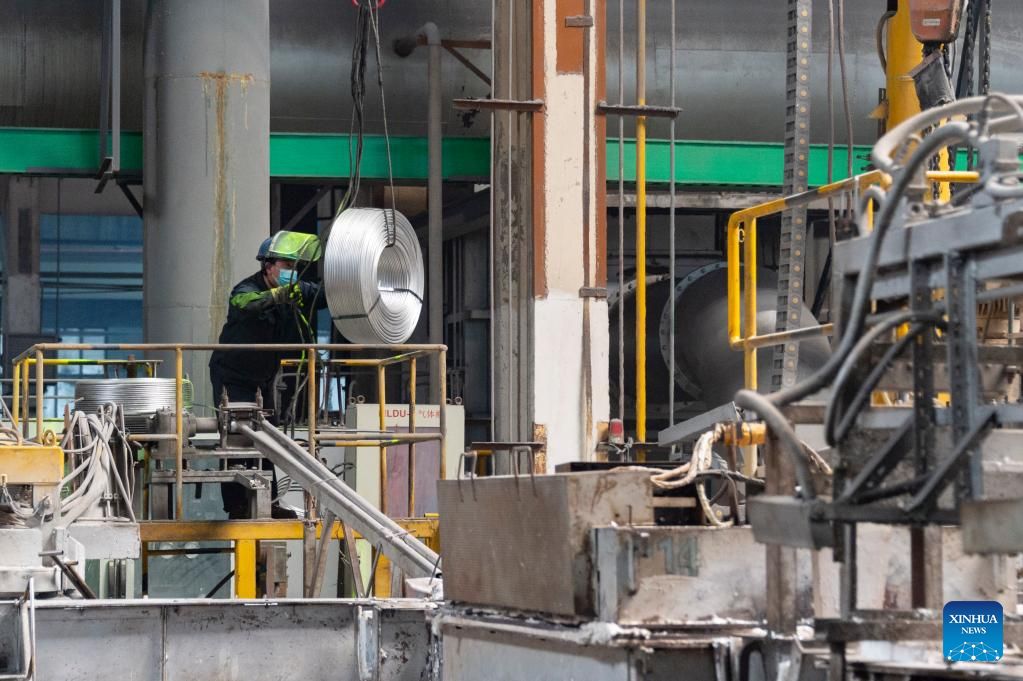This is the latest step in his controversial tariff policy chain, aiming to reshape the US economy and regulate global trade balance.
Bloomberg reported that on Air Force One, Mr. Trump confirmed that this tax would apply to all countries, but did not reveal the effective time. He also said that he would announce more tax rates "re -gaining" to countries that are taxing US goods.
These moves immediately raised concerns about the far-reaching impact on the US energy industry, from wind power manufacturers to oil companies, which depend on specialized steel that is not produced domestically.
It is not clear whether this tax rate applies to Canada and Mexico, when these two countries are important steel and aluminum supply for the US. Earlier, the tax imposed plan on February 1 was delayed until March because the two countries gave some concessions on border security.
Meanwhile, after Trump imposed an additional 10% tariff on Chinese goods last week, Beijing responded with a $12 billion tax rate to US goods, effective from 0:01 a.m. on February 10 by Beijing time.

Steel and aluminum used to be the first items to be taxed in Mr. Trump's previous term, at 25% and 10% in 2018, for national security reasons. Now, the US steel industry is in the most difficult period since Mr. Trump's first term, when increased imports reduce domestic profits and output.
At the same time, the acquisition of US Steel worth $ 14.1 billion of Nippon Steel Japanese Group is also delayed. Mr. Trump confirmed that Nippon Steel could not hold a dominant stake in the US Steel Group, although the two sides were appealing to decide to block the deal to the court.
Mr. Trump has long seen tariffs as a key tool to restructure the US economy. However, economic experts warn that the new tax rate can push high production costs, reduce the competitiveness of the American industry, negatively impact inflation and interrupt the global supply chain. .











